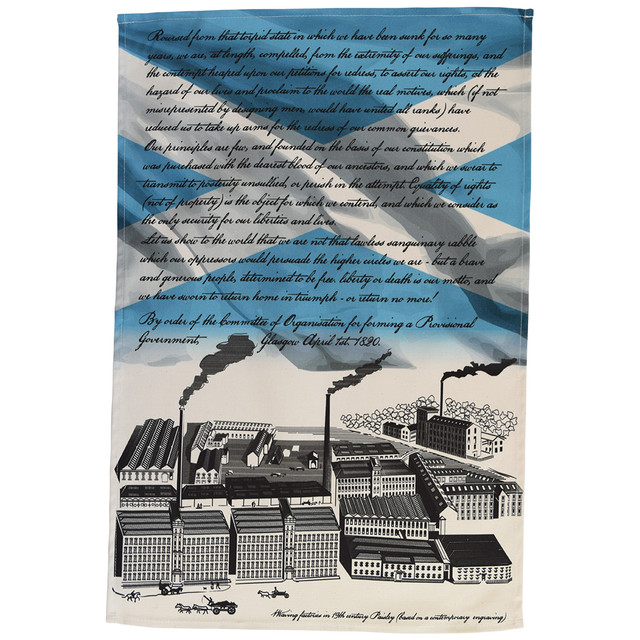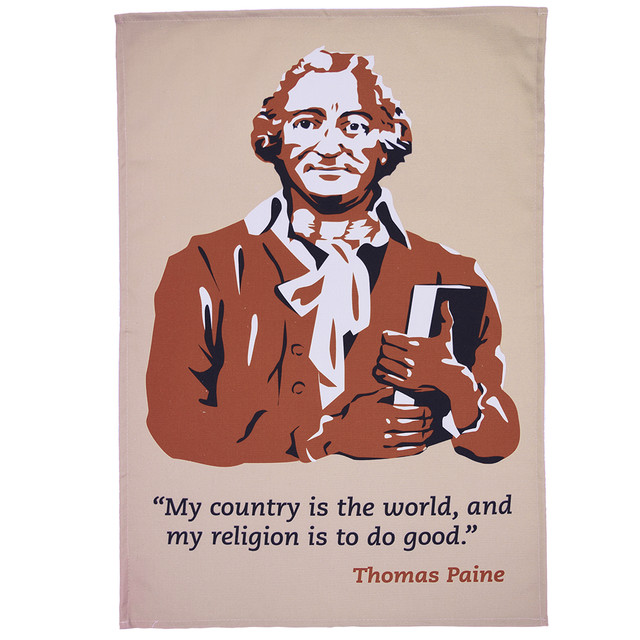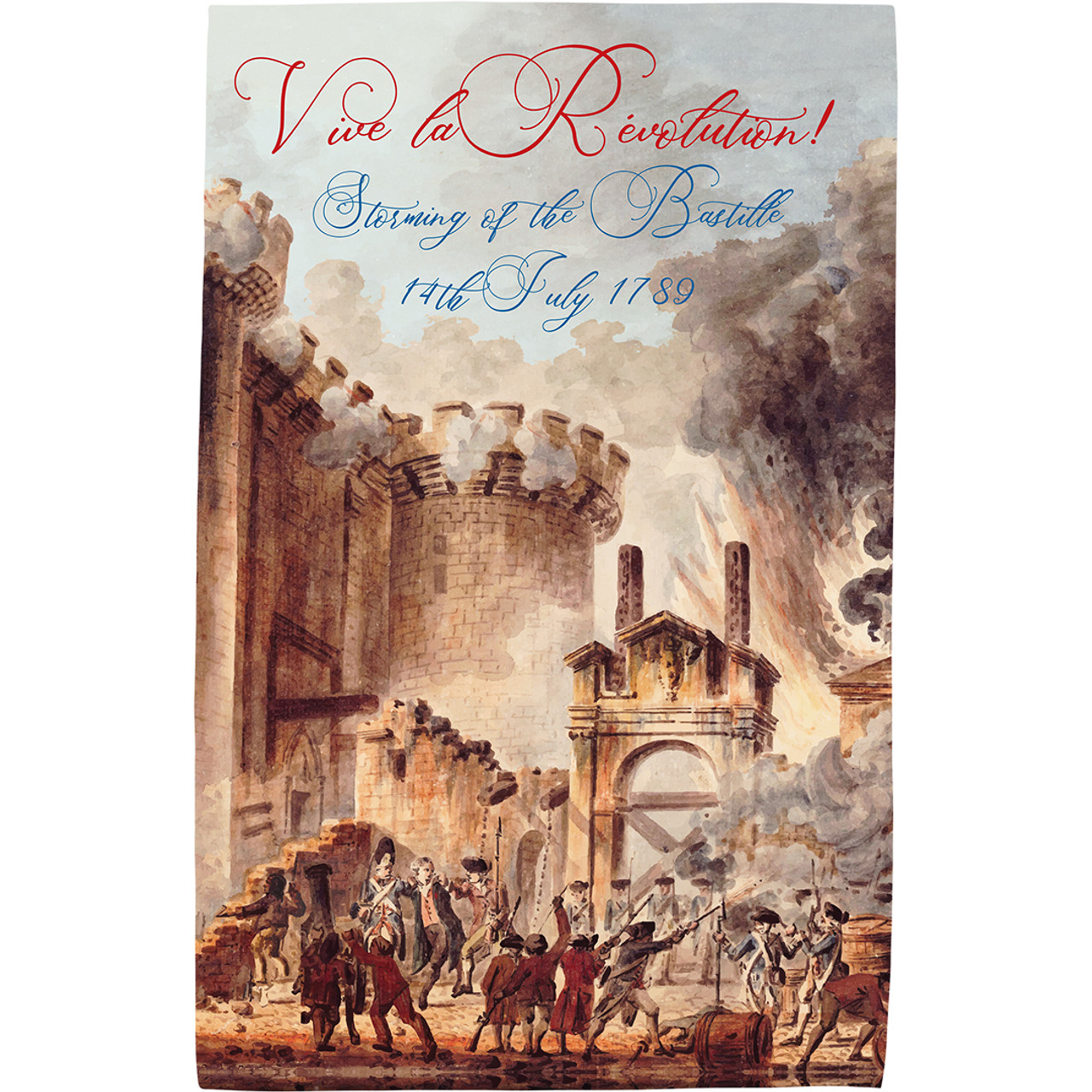George Mealmaker: Deported for Demanding Democracy
Posted by Pete on 10th Feb 2024
Another Radical tried and deported by the British state for advocating democracy, George Mealmaker was born on 10th February 1768

"Our armour shall be reason and truth… Our whole aim is to secure Annual Parliaments and Universal Suffrage. Till this is done we declare to the World, that we will never desist till we procure this our natural right."
During the 1790s and 1800s, the British ruling class deported countless political prisoners to colonised Australia.
Fearing that the French revolution might inspire a similar project of democratic transformation in Britain, the country’s aristocratic elites responded with violence.
Rather than engage with demands for political reform constructively, such as by expanding the electoral franchise, the government chose instead to criminalise dissent.
Many of the political radicals “transported” to Australia as forced labourers were Irish, including survivors of the 1798 rebellion. But some were from England – and Scotland, too.
One of the Scottish reformers was an artisan called George Mealmaker, who was born today in 1768.
George Mealmaker's call for radical reform was echoed by his fellow Scots years later in the Radical War of the 1820s
Mealmaker grew up in the Seagate district of Dundee.
Like his father, he became a weaver, and like many weavers, he became a radical.
During the later eighteenth century, artisanal workers in Britain were being undermined by industrialisation.
Artisans therefore became a radical vanguard during the 1780s, like the miners of the 1980s.
Specifically, the demand of activists like George Mealmaker was for the radical expansion of male democracy in Britain.
The Scottish ‘Whigs’ – who had a much more conservative vision of reform – had begun calling for a limited increase in the franchise, to avoid a full-scale social revolution.
But George Mealmaker, influenced by the widespread republican writing of Tom Paine, wanted more.
Mealmaker demanded a universal male voting franchise and annually-elected parliaments. And he wasn’t alone.
During the late 1780s, Mealmaker co-founded the Dundee Friends of Liberty with Thomas Fyshe Palmer, to agitate for democratisation.
Mealmaker was an important fixer for the Scottish radicals, forging links with sympathetic groups elsewhere in the British isles, such as the London Corresponding Society.
He also joined the Society of the United Scotsmen during the 1790s, modelled on Wolfe Tone’s United Irishmen, who later rose up against British rule in Ireland.
Mealmaker was inspired by Thomas Paine's vision of civil rights and democracy
See the Thomas Paine tea towel
But it wasn’t safe to be a democrat in Britain during the 1790s.
The government was hunting political reformers, to crush dissent.
In Scotland, Thomas Fyshe Palmer was arrested in 1793 for giving a speech written for him by George Mealmaker.
It called for universal male suffrage and free elections in Britain, and for an end to the war against revolutionary France.
"…your treasure is wasting fast; the blood of your brethren is pouring out; and all this to form chains for a free people, and eventually to rivet them for ever on yourselves."
The speech included no support for armed resistance to the British government, but that no longer mattered.
In the context of its counter-revolutionary war against France, George III’s government saw all opposition as criminal. Free speech be damned.
Palmer was convicted of sedition and sentenced to 14 years’ transportation to New South Wales.
A few years later, in November 1797, George Mealmaker was arrested himself.
He was tried for writing ‘seditious’ tracts against the government, and for overseeing unlawful oaths as a member of the United Scotsmen.
Despite the fact that the United Scotsmen were explicitly committed to non-violent reform, Mealmaker was convicted.
The government prosecutor used the recent mutinies by political radicals in the Royal Navy to claim Mealmaker was somehow involved.
Like Palmer and several democrats before him, Mealmaker was deported to New South Wales to serve 14 years of penal servitude.
He was never able to return to Scotland, and died in 1808.
The French Revolution terrified the British upper classes of the late 18th century, who feared dissent could spread across the Channel
See the Strorming of the Bastille tea towel
George Mealmaker trod the path of many democratic reformers in Britain during the age of revolutions: dissent, arrest, deportation.
He stood up for democracy and peace at a time when it was incredibly dangerous to do so in Britain.
For that, he remains a key figure in the radical history of Scotland, Britain, and Europe.



